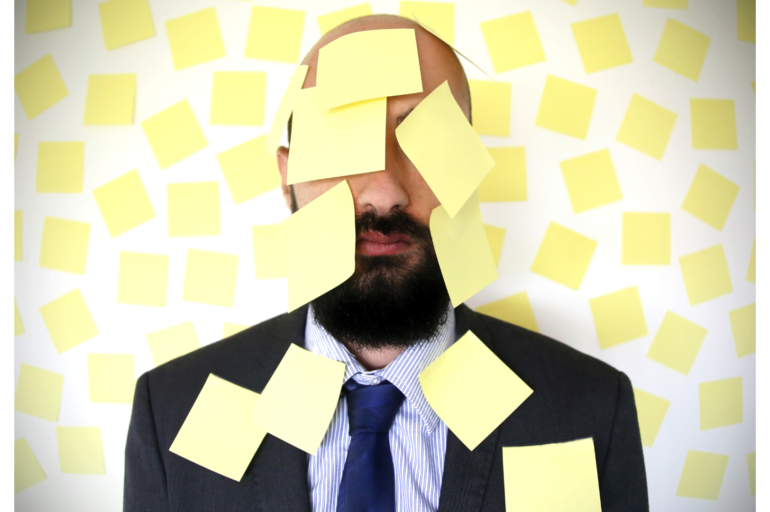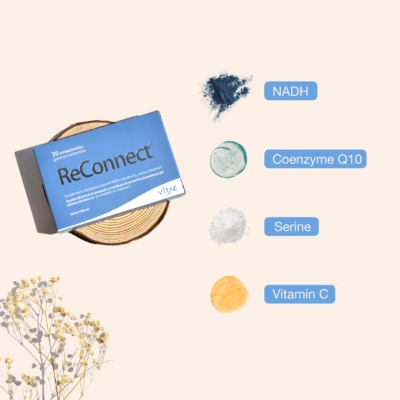Attention Deficit Hyperactivity Disorder is a term that we hear more and more frequently. There are many people who link it to children and adolescents, but ADHD in adults is also a reality. We live in a historic moment when it comes to mental health. Society and modern life were already slowly leading us to the point where we are, but there is no doubt that the pandemic and confinement was a very important trigger for mental health to have gained the importance it deserves at a much faster pace. faster. Today we no longer raise our eyebrows when someone explains to us that they are seeing a psychologist, much less surprise us when it is their child who is in therapy.
ADHD, a passing fad?
Everyone is talking about ADHD (Attention Deficit/Hyperactivity Disorder) and some people have launched into declaring that it is a fad, or in other words, an excuse to be lazy without repercussions. Others believe that it is a conspiracy to massively diagnose children and medicate them from a very young age. Each one can believe the version that interests them the most, but if we want to get closer to the truth, we should listen to those who truly understand the matter.

The reality of ADHD
Dr. Josep Antoni Ramos Quiroga, Head of Psychiatry at the Vall d’Hebron Hospital (Barcelona) denies that ADHD is being overdiagnosed in children and believes that those individuals who believe that ADHD does not exist have a way of understanding health mentally outdated today.
Why is there so little talk about ADHD in adults?
Another important topic that Dr. Ramos Quiroga has recently discussed is the issue of ADHD in adults. And it is that 50% of children with ADHD drag it when they are adults. The explanation for why there are so many children diagnosed with ADHD and so few adults in comparison is very simple. Because if today we have difficulties to cover the needs related to mental health of the population, imagine 40 years ago!
What does it feel like to have ADHD as an adult?
ADHD in adults is similar to that in children, with the exception of hyperactivity, since, unlike children, adults have more control over staying seated in the chair and not getting up to look out the window when we hear something that catches our attention… However, an adult with ADHD has the sensation of being restless, as if they had an internal motor in motion that prevents them from relaxing and forces them to be active. It becomes a problem when the symptoms affect work, family life and relationships, especially when it is not treated in any way.
What are some of the most common ADHD symptoms in adults?
Inattention
- Little attention to detail and making mistakes.
- Difficulty starting and completing tasks.
- Difficulty focusing and regulating attention.
- Constant forgetfulness and poor time management.
- Difficulty organizing
Impulsiveness
- Concern.
- Impatience.
- interrupt frequently.
- Talk excessively.
- Risky decisions.
Emotional dysregulation
Low tolerance to frustration
How do these circumstances translate into day-to-day life?
It depends on the person, since each case is different, but it is clear that symptoms related to poor time management, lack of concentration, procrastination and forgetfulness can negatively affect work and therefore create difficulties for find and keep a job. Symptoms related to impulsivity, low frustration tolerance, or the inability to perform tasks can also cause difficulties in relationships, friendships, or family relationships. Finally, these symptoms can also negatively affect the individual’s own safety, for example, by being more likely to have a car accident, and even increase the probability of committing illegal acts or abusing substances.
ADHD treatment in adults
First, not everyone who experiences difficulties similar to the ones we have discussed has ADHD, and not all adults with ADHD experience these difficulties. The only way to know if we have ADHD or not is to seek help from a professional who can evaluate and diagnose us properly. In any of the cases, it will always be advisable to give psychotherapy a chance, if we feel that we need help, and it is even more of a priority to take care of our habits, starting with eating (the keys to healthy eating for children with ADHD can also be applied to adults), exercise, and sleep hygiene






